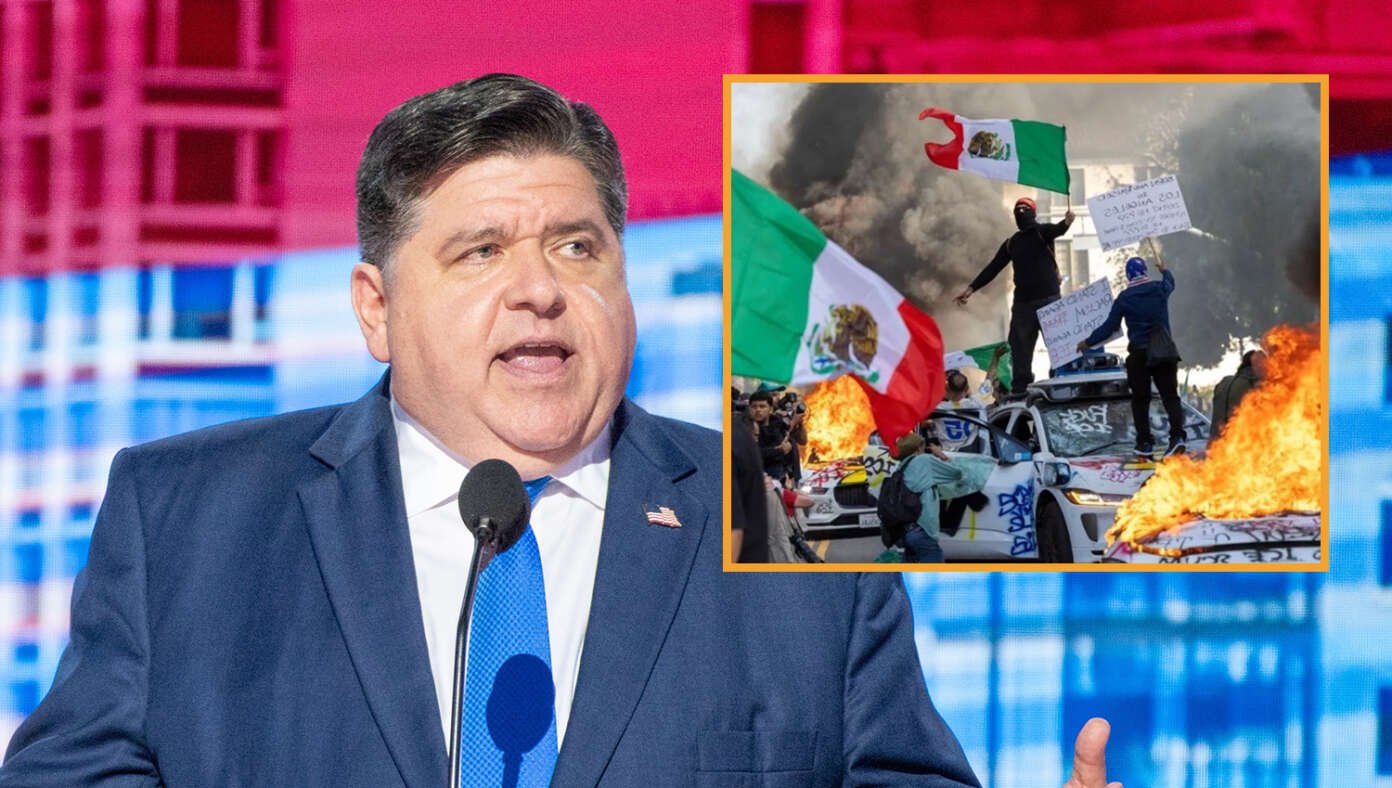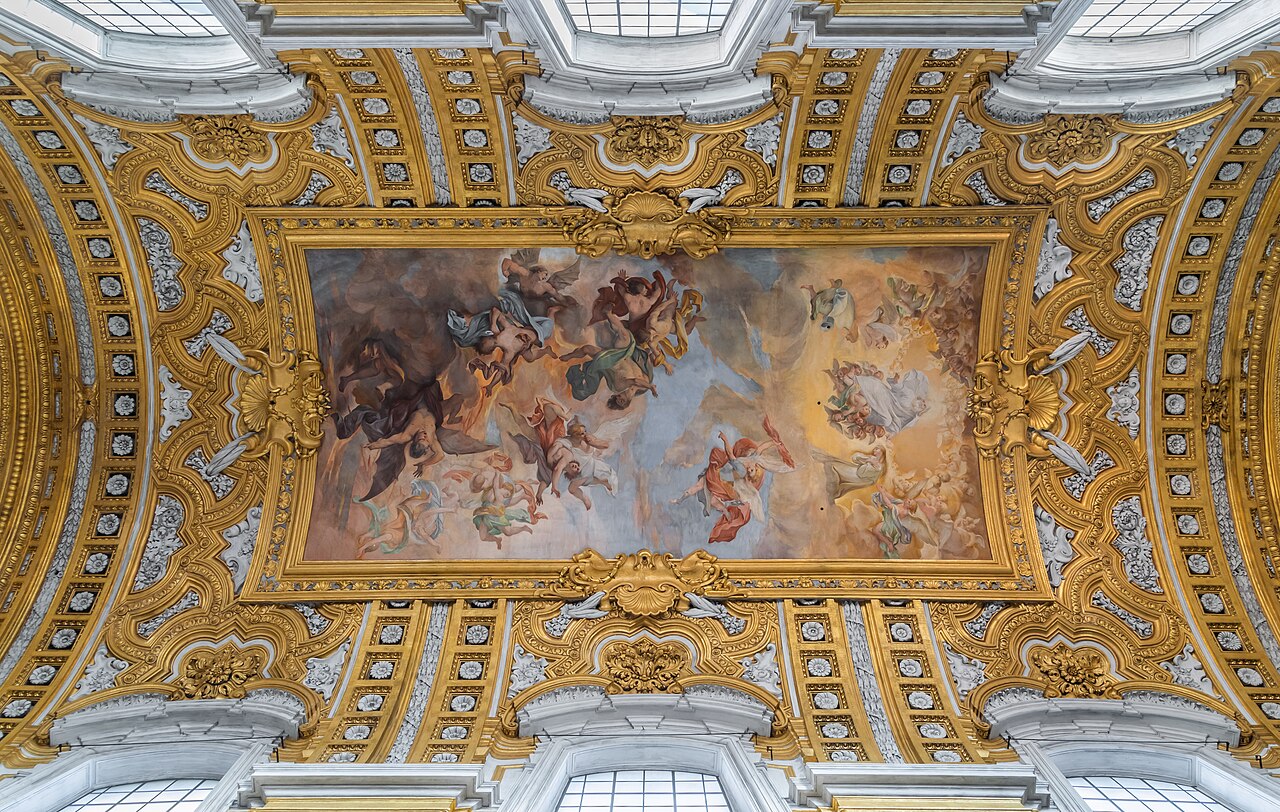
Video games have a reputation for violence and novelty, but they can actually be quite Christ-focused. Just consider these top 20 Christ metaphors in video games:
Read More
Video games have a reputation for violence and novelty, but they can actually be quite Christ-focused. Just consider these top 20 Christ metaphors in video games:
Read More
SPRINGFIELD, IL — Seeking to ramp up his opposition force against the invasion of federal agents seeking to enforce the law, Governor JB Pritzker activated 100 battalions of illegal immigrants in Illinois’s war against ICE.
Read More